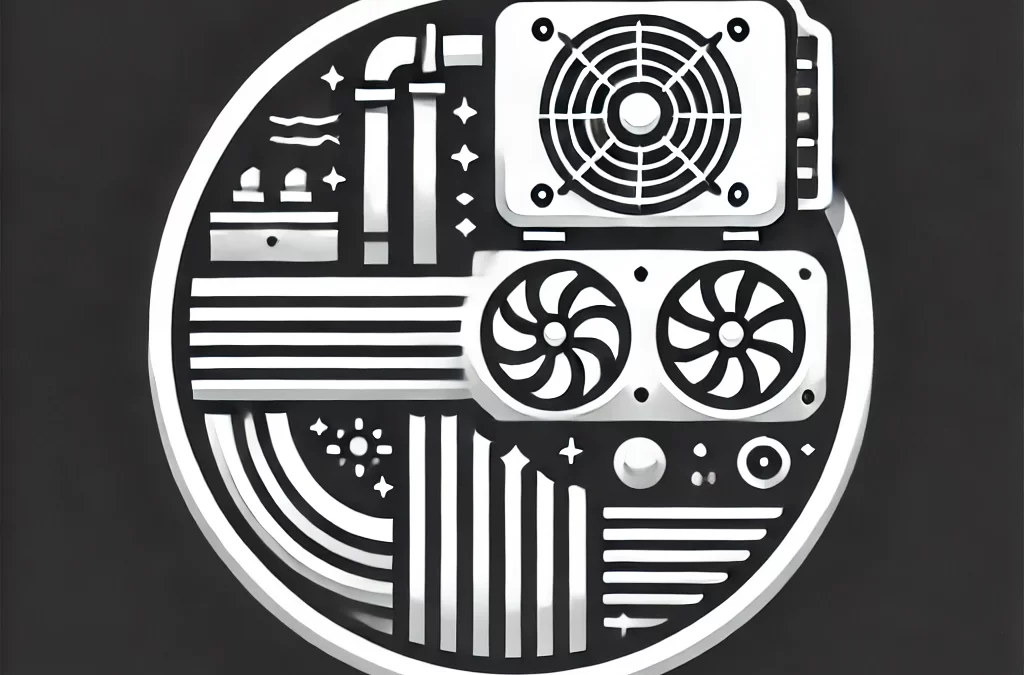Understanding HVAC Business Operational Inefficiencies
HVAC businesses, like many service-oriented industries, face unique operational inefficiencies that can significantly impact their growth and customer satisfaction. Identifying these inefficiencies is crucial for business owners looking to enhance their operational effectiveness and profitability.
Common inefficiencies in HVAC operations include poor inventory management, inadequate scheduling of service calls, and lack of employee training. By addressing these areas, HVAC companies can streamline their processes, reduce costs, and ultimately improve customer service, leading to increased client retention and referrals.
Innovative Marketing Strategies for HVAC Companies
In today's competitive market, HVAC companies must adopt innovative marketing strategies to stand out and attract new customers. Effective marketing not only helps in reaching potential clients but also builds brand recognition and loyalty.
Strategies such as leveraging social media platforms, utilizing search engine optimization (SEO), and implementing targeted email campaigns can significantly enhance an HVAC company's visibility. Additionally, offering promotions and engaging in community events can further drive customer engagement and conversion rates.
Leveraging Technology to Enhance HVAC Operations
Technology plays a pivotal role in modernizing HVAC business operations, enabling companies to improve efficiency and service delivery. From smart thermostats to advanced scheduling software, the right technology can streamline processes and enhance customer experiences.
For example, utilizing a customer relationship management (CRM) system allows HVAC companies to track customer interactions and manage service requests more effectively. Furthermore, adopting mobile applications for technicians can facilitate real-time communication and data sharing, leading to faster service and improved job satisfaction among employees.
Best Practices for Employee Training in HVAC
Investing in employee training is essential for HVAC companies aiming to improve service quality and operational efficiency. A well-trained workforce not only enhances customer satisfaction but also reduces the likelihood of costly mistakes and rework.
Best practices for training include hands-on workshops, continuous education programs, and certification courses that keep technicians up-to-date with the latest industry standards and technologies. By fostering a culture of learning, HVAC businesses can ensure their employees are equipped with the necessary skills to excel in their roles.






